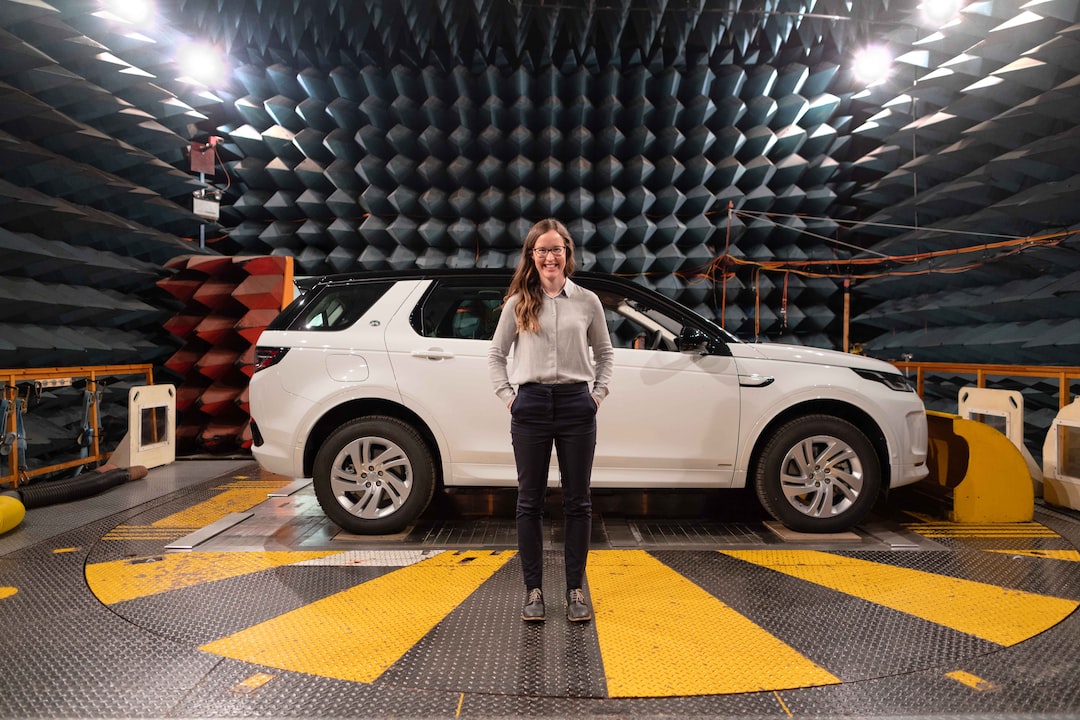The Future of Artificial Intelligence in Engineering
Artificial intelligence (AI) has been making tremendous strides in various industries, including engineering. With its ability to perform tasks and make decisions that traditionally required human intelligence, AI is revolutionizing the way engineers work. As technology continues to advance, the future of AI in engineering looks promising.
One area where AI is making a significant impact is in the design process. Engineers can now use AI algorithms to generate and optimize designs more quickly and efficiently. This is particularly useful in fields such as civil engineering and architecture, where complex structures need to be designed and analyzed. AI can assist engineers in creating innovative designs, while also taking into account factors such as cost, safety, and energy efficiency. By automating certain aspects of the design process, engineers can focus on more complex and creative tasks, ultimately leading to better and more sustainable solutions.
Another area where AI is transforming engineering is in predictive maintenance. By utilizing machine learning algorithms, engineers can analyze data from sensors to predict when equipment is likely to fail, allowing for proactive maintenance rather than reactive repairs. This not only reduces downtime but also prolongs the lifespan of machinery, resulting in cost savings for businesses. Moreover, AI can optimize maintenance schedules, ensuring that resources are allocated efficiently.
In the construction industry, AI is being used to improve safety on job sites. By utilizing computer vision and machine learning, AI systems can identify potential hazards and alert workers in real-time. This not only reduces the risk of accidents but also enables engineers to analyze data on safety measures and make informed decisions to improve site safety. Additionally, drones equipped with AI algorithms can be employed to inspect construction sites and monitor progress, providing real-time feedback to engineers.
The integration of AI with robotics is also revolutionizing manufacturing processes. AI-powered robots can perform repetitive and dangerous tasks that were previously done manually by workers. This increases productivity and reduces the risk of injuries. Moreover, AI can optimize production schedules, manage inventory levels, and predict demand, further streamlining manufacturing operations.
While the future of AI in engineering is undoubtedly promising, there are also some concerns to address. One important consideration is the ethical implications of AI, such as privacy and security issues. It is crucial for engineers to ensure that AI systems are developed and used responsibly, with strict protocols to protect sensitive data.
In conclusion, the future of AI in engineering is bright. The potential applications of AI in design, maintenance, safety, and manufacturing are vast. By harnessing the power of AI, engineers can enhance their capabilities, increase efficiency, and drive innovation. With proper regulations and ethical guidelines in place, AI has the potential to revolutionize the engineering industry and shape a better and more sustainable future.

